
8 Natural Methods to “Cleanse” Your Lungs — Affordable and Effective Tips
Your lungs play a vital role in health, yet they are often under assault from pollution, allergens, and airborne irritants. According to a Vietnamese wellness article, there are eight natural, low-cost practices that can help maintain, protect, and support lung function over time. (Tap Chí Đời Sống) tapchinuocmy.com
Below is a richer, more nuanced version—integrating what science supports and cautionary notes.
The 8 Proposed Methods & Their Rationale
-
Deep Breathing Exercises
The article recommends daily deep inhales (through the nose) and slow exhales (through the mouth), holding the breath briefly before releasing. This is said to expand lung capacity, dislodge trapped mucus, and strengthen respiratory muscles. tapchinuocmy.com -
Drink Sufficient Water Throughout the Day
Hydration helps thin the mucus lining the airways, making it easier to clear out irritants. The article suggests 1.5–2 liters daily, spaced out rather than in large gulps. tapchinuocmy.com -
Use Steam Therapy
Inhaling warm, moist vapor helps relax airways, loosen mucus, and reduce inflammation. You can do so by placing your face over a bowl of hot water (with caution) or using a steam inhaler or humidifier. tapchinuocmy.com -
Regular Exercise
Aerobic activities — walking, cycling, swimming — improve lung capacity, boost oxygen uptake, and enhance circulation. The article suggests at least 30 minutes daily to support respiratory health. tapchinuocmy.com -
Consume Antioxidant-Rich Foods
Vegetables and fruits like berries, spinach, and turmeric are recommended for their anti-inflammatory and antioxidant properties, which may help protect lung tissue from oxidative damage. tapchinuocmy.com -
Avoid Polluted Environments
Minimizing exposure to air pollution, smoke, allergens, and irritants is essential. The piece advises using masks, air filters, and avoiding high-pollution zones when possible. tapchinuocmy.com -
Practice Postural Drainage Techniques
These are specific body positions (lying flat, elevated, or sideways) that use gravity to help drain mucus from different parts of the lungs. The article lists a few maneuver ideas (e.g. lying prone with hips elevated) to aid clearing. tapchinuocmy.com -
Drink Herbal Teas
Teas made with ingredients like ginger, licorice root, or peppermint are recommended for their mild anti-inflammatory and expectorant effects (i.e. helping loosen phlegm). The article cautions not to consume hot tea over ~60 °C or too concentrated. tapchinuocmy.com
What Science Supports — and What Remains Speculative
These tips reflect a mix of traditional wisdom and preliminary scientific backing. Here's how they stack up in evidence:
| Method | Reasonable Support | Limitations / Gaps |
|---|---|---|
| Deep breathing & exercise | Studies in pulmonary rehabilitation show that breathing techniques and aerobic training improve lung function and quality of life in patients with lung disease (e.g. COPD) (American Thoracic Society) | Effects in healthy individuals are more modest; overdoing breathing sessions may cause hyperventilation |
| Hydration | Maintaining fluid balance helps mucus clearance in airways — a known principle in respiratory care | The link between “drinking more water cleanses lungs” is not strongly proven in healthy individuals beyond standard hydration needs |
| Steam / humidification | Warm humidified air helps loosen airways, reduce irritation (recommendation in respiratory therapy) | Steam must be used carefully to avoid burns; it does not “flush out toxins” deeply |
| Antioxidant foods | Diets rich in fruits/vegetables are linked to lower lung disease risk (e.g. reduced COPD in some epidemiologic studies) | The extent to which specific foods “cleanse” lungs is uncertain and often overstated |
| Avoid pollutants | Strong epidemiological evidence that exposure to particulate matter, smoke, and pollutants causes lung damage and increases respiratory disease risk | It may be difficult to fully avoid pollutants in many environments |
| Postural drainage | Used clinically in bronchiectasis, cystic fibrosis, and some lung diseases to mobilize secretions | For healthy lungs, the benefit is less obvious; improper technique may cause discomfort |
| Herbal teas | Some herbs have phytochemicals that show anti-inflammatory or expectorant activity in lab settings | Few human clinical trials validate their effect in lung “cleansing” or disease prevention |
Practical Suggestions & Safety Tips
-
Start with the low-risk basics: deep breathing, hydration, clean air, and regular movement.
-
If using steam, maintain safe distance from hot water and avoid scalding.
-
Monitor your body’s response—if symptoms like wheezing, coughing, or chest tightness worsen, seek medical evaluation.
-
Be cautious with herbal teas if you have allergies or take medications—some herbs may interact with drugs or irritate the stomach.
-
Postural drainage techniques are best learned under guidance (e.g., a physiotherapist) to avoid strain.
-
These tips are complementary, not replacements for medical treatment in disease states.
News in the same category


Clever Travel Tip That Could Save You a Ton on Your Electricity Bill (But It Applies to Flying Too)
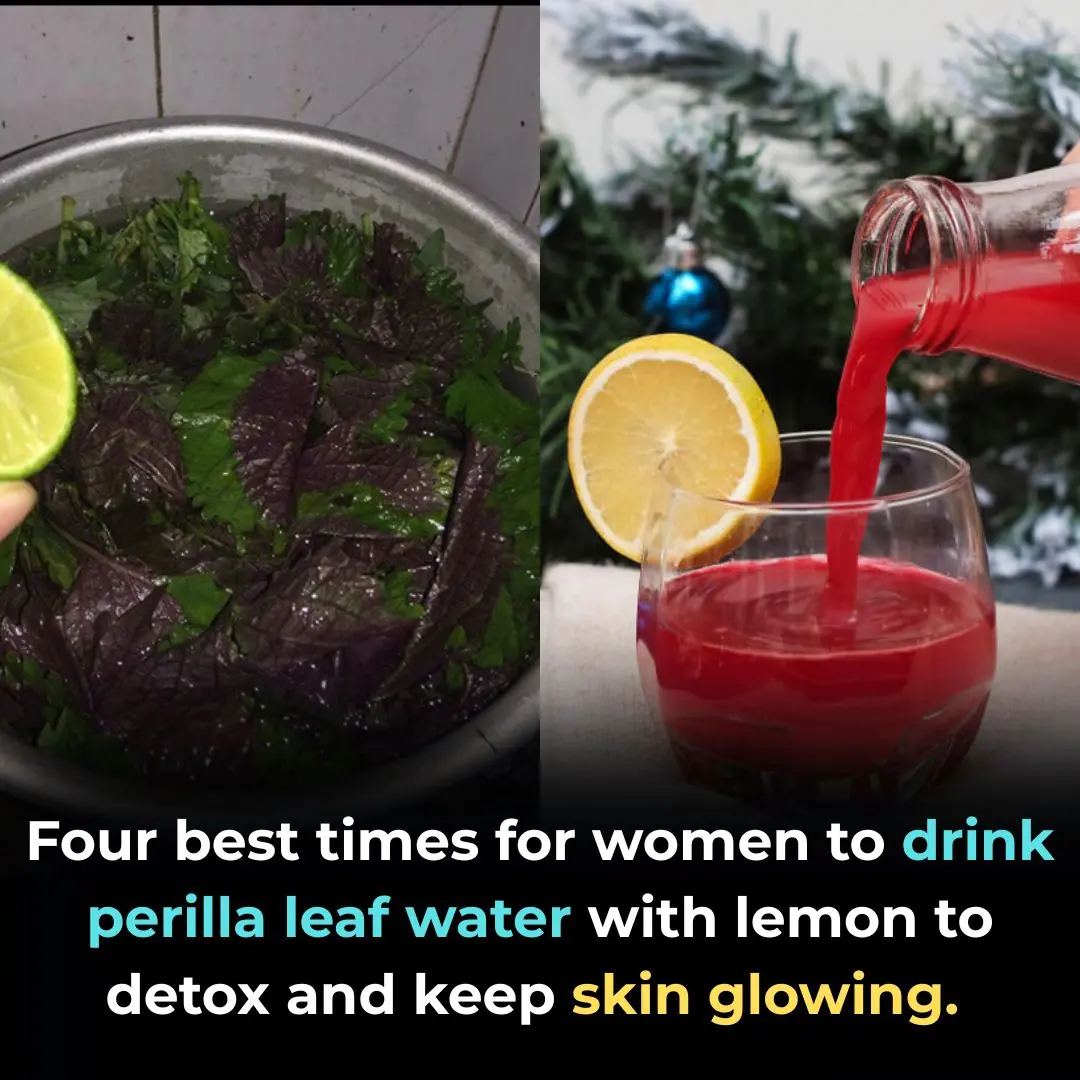
4 Best Times for Women to Drink Perilla-Leaf (Shiso) Water with Lemon to Detoxify and Radiate Skin
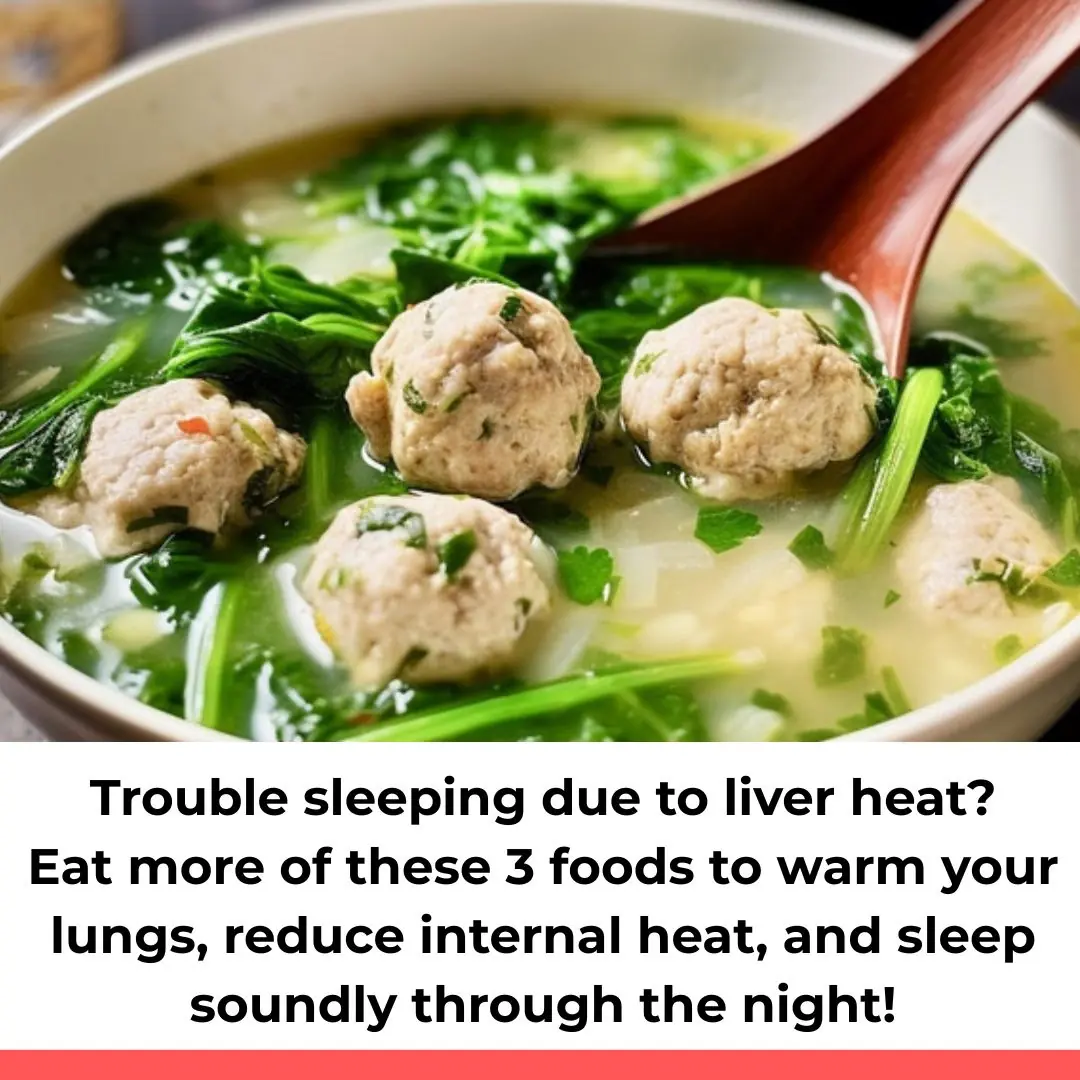
Insomnia Caused by Excess Liver “Fire”? Eat These 3 Vegetables to Moisturize the Lungs, Clear Heat, and Sleep Through the Night
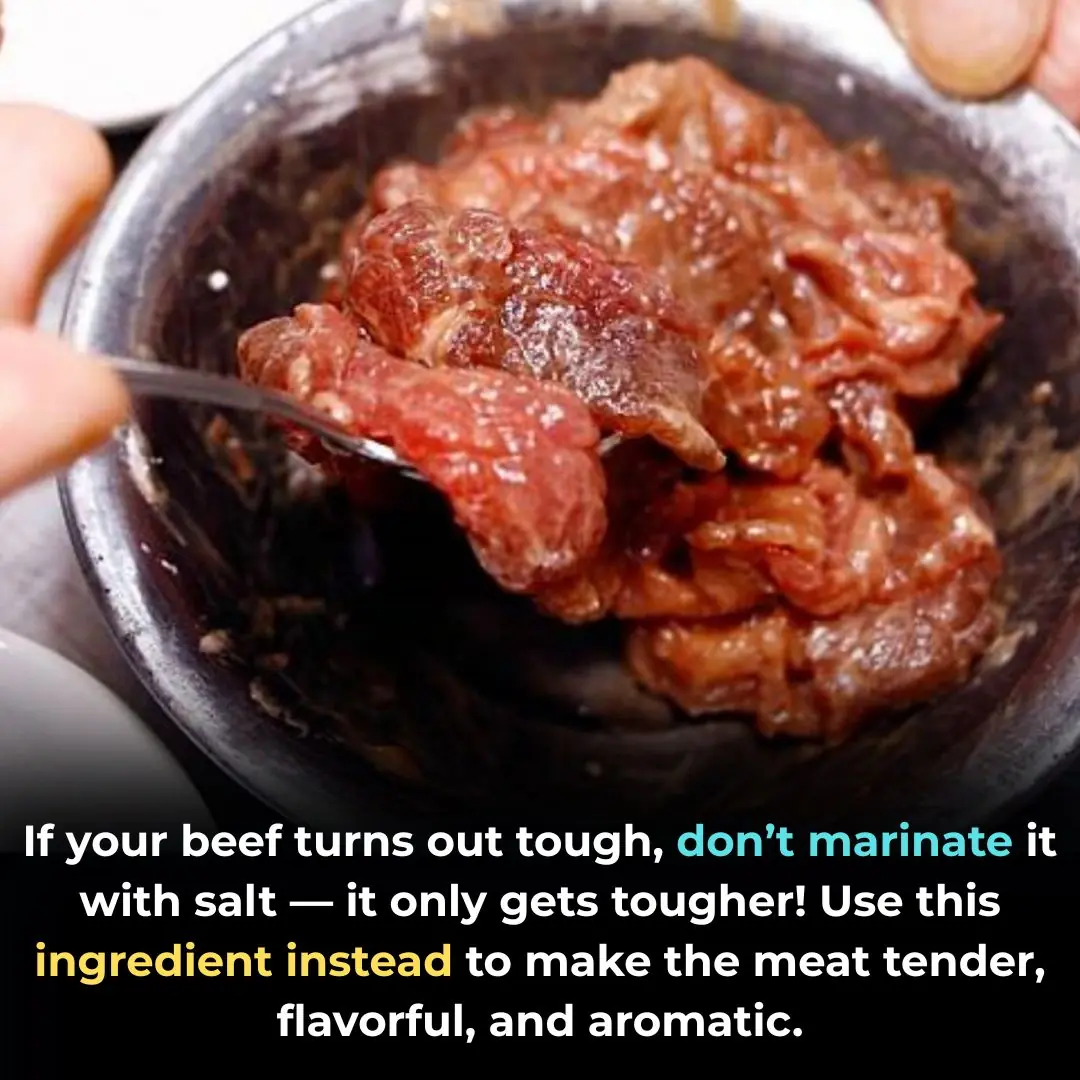
Stop Marinating Beef with Salt Alone — Use a Spoonful of Sugar Instead to Make It Soft, Flavorful, and Non-Watery

Tips to Clean a Rusty, Greasy Gas Stove — Restore It to Shiny

Expired Milk Is a “Treasure” — 2 Useful Ways to Repurpose It If It’s Still Good

AI can now be used to create brand-new viruses sparking fears of future catastrophe

Woman sued weatherman for $1,000 after he made the wrong weather prediction

Malia Obama Directs A’ja Wilson’s New Nike Commercial & It’s a Beautiful Love Letter to Black Girls

Maya Angelou Becomes First Black Woman To Appear On Quarter

Denzel Washington & A$AP Rocky Shine in Trailer for Spike Lee’s New Crime Thriller ‘Highest 2 Lowest’

Cindy Crusto Makes History As First Black Woman Professor In Yale Psychiatry History
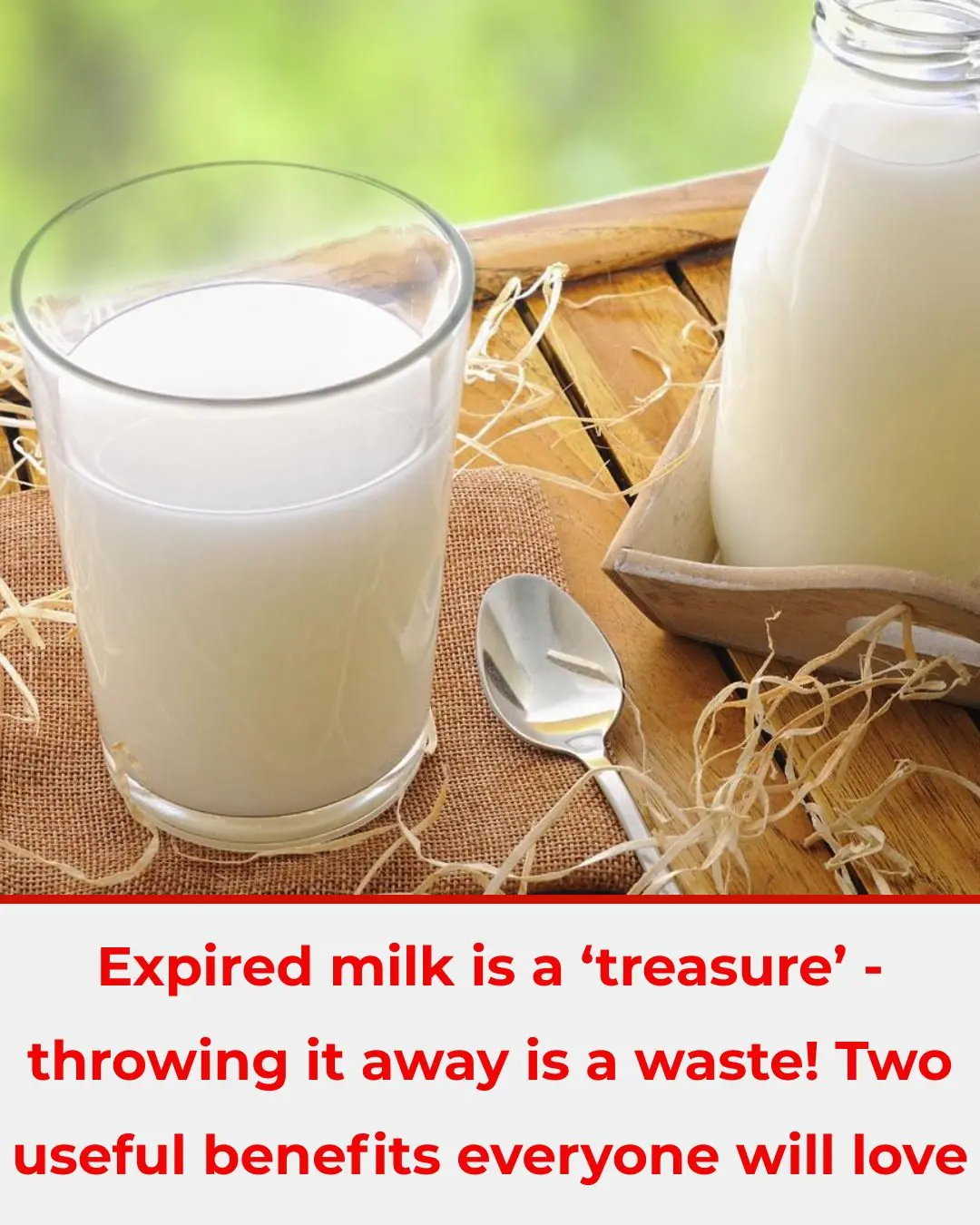
Expired Milk Isn’t Just Waste — 2 Useful Ways to Reuse It (If It’s Not Spoiled)

Sheila Brown Becomes The First Black Woman To Own A Radio Station In Buffalo, New York

Deion Sanders Delivers a Beautiful Mother’s Day Tribute to His Mom, Ms. Connie Knight

Mixing Banana Peels with Laundry Detergent — What It Claimsto Do (And What to Watch Out For)
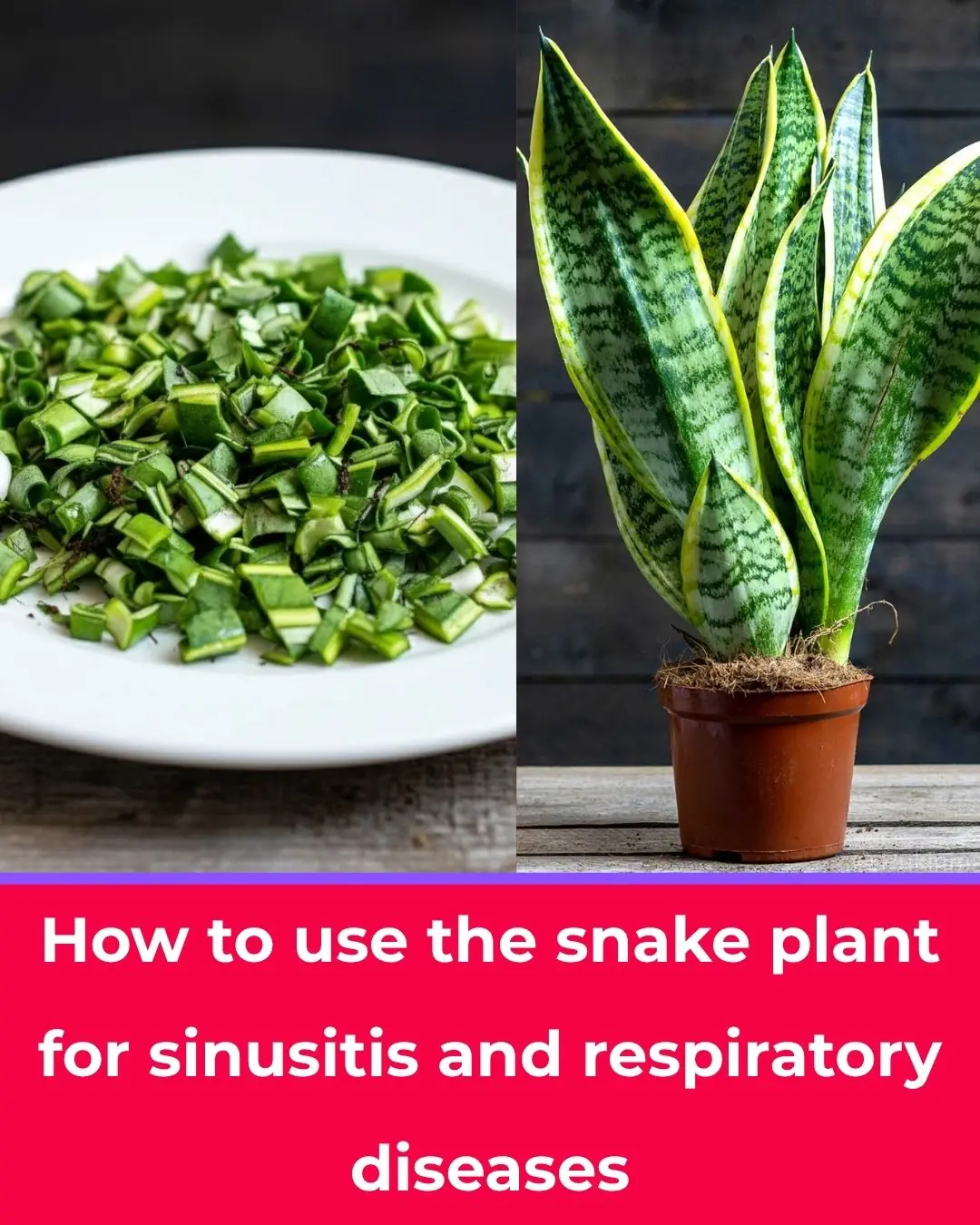
How to Use Snake Plant (Sansevieria) for Sinusitis and Other Respiratory Conditions
News Post

When My Mother-in-Law Turned Our Son's Room Into Her Own – The Lesson She Won't Forget

THE UNEXPECTED VALENTINE’S DAY REUNION THAT CHANGED EVERYTHING

All of my left socks began vanishing – when I discovered the reason, my heart skipped a beat

MY IN-LAWS DEMANDED OUR LUXURY VILLA ON OUR FAMILY HONEYMOON – MY HUSBAND GAVE ME THE GREEN LIGHT TO SET THEM STRAIGHT

Mistaken for Love: The Mountain Lion Who Thought a House Cat Was Her Cub

Reveal: A Zero-Cost Trick to Make Your Glazed Tiles Shine at Home

Maggie Jack: A Bright Light Against the Odds

Clever Travel Tip That Could Save You a Ton on Your Electricity Bill (But It Applies to Flying Too)

4 Best Times for Women to Drink Perilla-Leaf (Shiso) Water with Lemon to Detoxify and Radiate Skin

Insomnia Caused by Excess Liver “Fire”? Eat These 3 Vegetables to Moisturize the Lungs, Clear Heat, and Sleep Through the Night

Stop Marinating Beef with Salt Alone — Use a Spoonful of Sugar Instead to Make It Soft, Flavorful, and Non-Watery

Tips to Clean a Rusty, Greasy Gas Stove — Restore It to Shiny

Expired Milk Is a “Treasure” — 2 Useful Ways to Repurpose It If It’s Still Good

— So you’re from the village? We thought you were a city girl. Well then, wait a minute, I have a special drink for you for the celebration, you’ll definitely like it!” declared Mark Ivanych and ran off to the pantry, jingling bottles.

The morning was dull and quiet, broken only by the soft thump of two heavy suitcases on the garden path.

Vera was washing the dishes after dinner when her husband hugged her from behind. Normally such a gesture would be pleasant, but today it somehow made her anxious. After seventeen years of marriage, she had learned to sense when Igor was up to something.

An orphaned woman took in a dark-skinned boy—and two decades later uncovered a startling secret!

“Why don’t you get lost, my dear, if all you want from me is the apartment and a residency registration? Or did you think that when I found out, everything would go on as before?”
